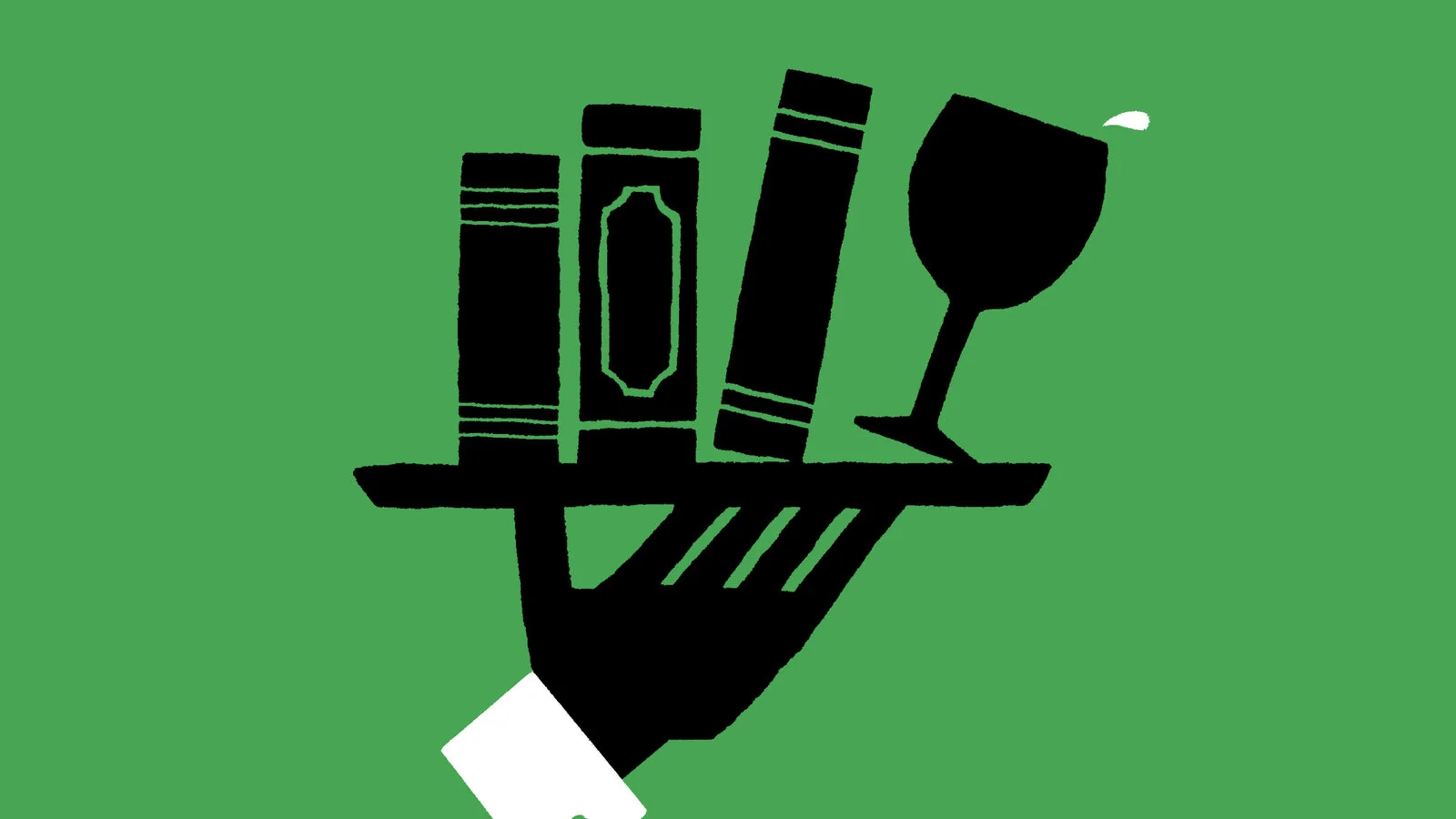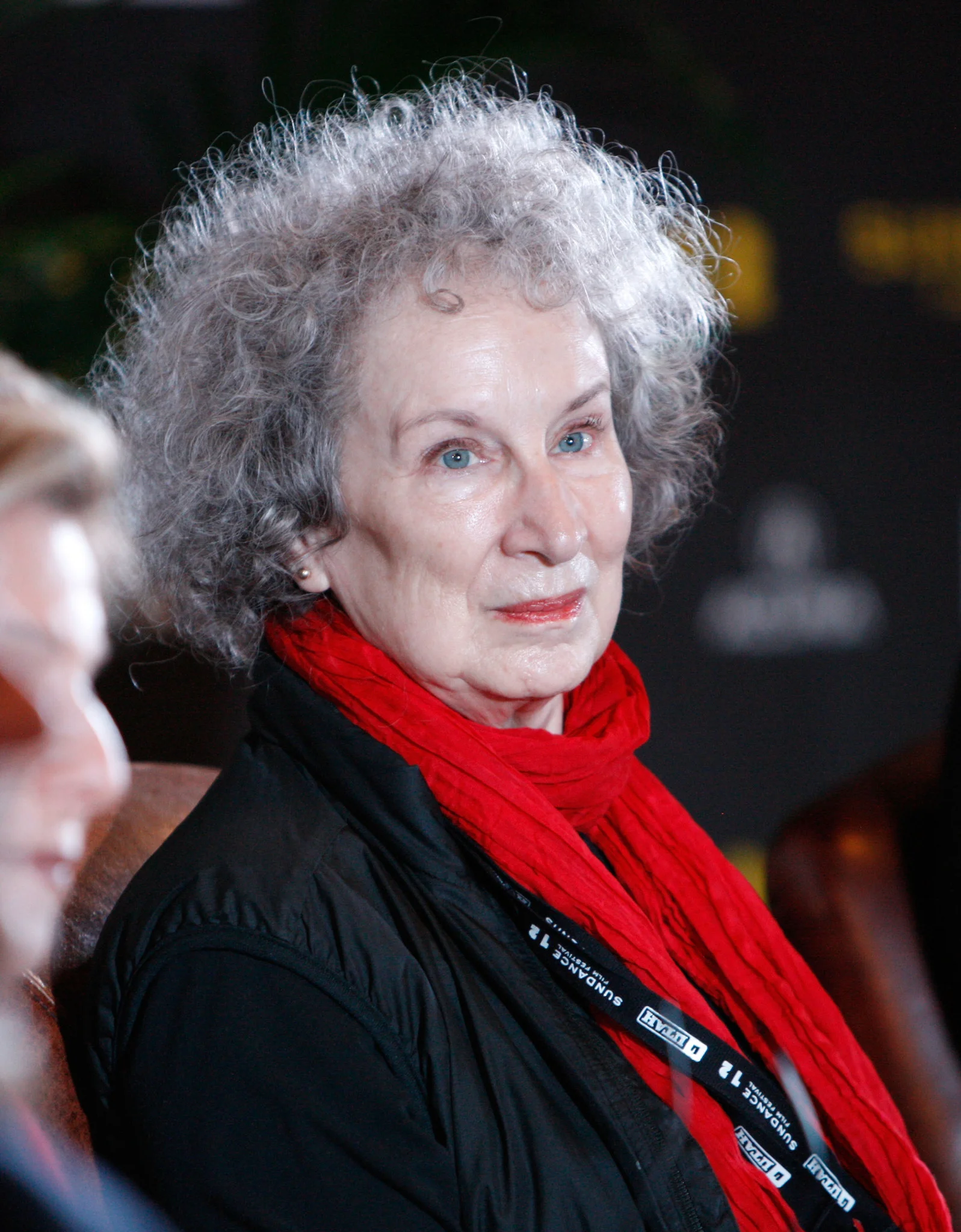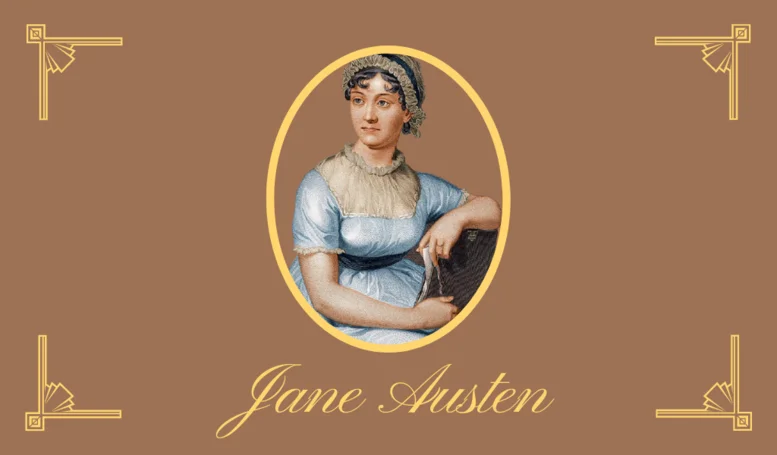Literary success is rarely immediate. Many well-known authors began their careers in ordinary, often surprising professions before their names graced bookshelves. These early jobs not only provided income but also shaped their perspectives, enriched their writing styles, and informed the characters and settings in their stories.
Unexpected beginnings
Before becoming recognized for their prose or poetry, many authors worked in roles disconnected from literature. Some struggled to make ends meet, while others gained insight into human behavior, society, or industry—experiences that later found their way into their narratives.
Here are some notable examples:
| Author | Pre-literary Job |
|---|---|
| Harper Lee | Airline reservation agent |
| J.D. Salinger | Entertainment cruise activity director |
| George Orwell | Colonial police officer in Burma |
| Agatha Christie | Apothecary’s assistant |
| Kurt Vonnegut | Public relations worker for GE |
Manual labor and industry
Before the rise of online platforms and MFA programs, many aspiring writers worked jobs involving physical labor or factory routines. These environments demanded resilience and observation—traits that later contributed to authentic portrayals of struggle and society in their books.
- Jack London: Worked as an oyster pirate, sailor, and gold prospector. His early adventures deeply influenced novels like *The Call of the Wild* and *Sea-Wolf*.
- Ray Bradbury: Sold newspapers and worked in a carnival as a magician’s assistant, experiences reflected in the strange, surreal tone of his science fiction stories.
- Charles Bukowski: Spent over a decade working for the U.S. Postal Service, which he later documented in his autobiographical novel *Post Office*.
Education and teaching
Some future authors found themselves in classrooms, not as students, but as teachers or administrators. These roles offered daily exposure to human interaction, speech patterns, and the learning process—fertile ground for character development and storytelling.
- Toni Morrison: Worked as a university professor and editor before publishing her first novel *The Bluest Eye*.
- Stephen King: Taught English at a high school while writing short stories and his breakout novel *Carrie* during evenings and weekends.
- Frank McCourt: Taught creative writing and English in New York public schools for decades, experiences that shaped his Pulitzer Prize-winning memoir *Angela’s Ashes*.
Clerical and office work
Routine desk jobs were the reality for many writers. While they often found the work uninspiring, these roles exposed them to bureaucracy, office dynamics, and a variety of personalities.
- Franz Kafka: Worked at the Workers’ Accident Insurance Institute in Prague. His exposure to paperwork, authority, and regulations directly influenced the oppressive atmospheres in *The Trial* and *The Castle*.
- Joseph Heller: Employed as a copywriter for a marketing agency. His experience in corporate language inspired the bureaucratic absurdity in *Catch-22*.
- Arthur Conan Doyle: Though better known as a physician, Doyle spent long hours waiting for patients, often using that time to write his first detective stories.
Military and wartime service
Exposure to conflict, command hierarchies, and the psychological strain of war left a lasting imprint on several authors. Their military experiences not only offered material but also shaped their worldview.
| Author | Military Role |
|---|---|
| Ernest Hemingway | Ambulance driver in World War I |
| Norman Mailer | Infantryman in World War II |
| J.R.R. Tolkien | Communications officer during the Battle of the Somme |
| Kurt Vonnegut | Prisoner of war in Dresden |
Vonnegut’s firsthand experience of the bombing of Dresden became the foundation for Slaughterhouse-Five, while Tolkien’s wartime encounters informed his depictions of loyalty, fear, and endurance in The Lord of the Rings.
Odd and unconventional jobs
Some authors found themselves in unusual jobs that provided unexpected inspiration:
- William Faulkner: Worked as a postmaster at the University of Mississippi. He was eventually fired for reading on the job instead of delivering mail.
- Douglas Adams: Held a string of jobs including hospital porter and chicken shed cleaner before writing *The Hitchhiker’s Guide to the Galaxy*.
- Margaret Atwood: Worked as a waitress, market researcher, and even a clerk before becoming a full-time writer.
Such experiences gave writers an eclectic range of human encounters to draw from. The unpredictability of these jobs sometimes sparked the surreal or satirical tone that later became a hallmark of their work.
Journalism and copywriting
Working in media or advertising honed authors’ skills with brevity, structure, and audience awareness. These disciplines demanded clarity and punch—qualities that translated into strong literary voices.
- George Orwell: Wrote for newspapers and journals, often drawing from his time in India and Spain to craft political essays and novels like *1984* and *Animal Farm*.
- Joan Didion: Began as a promotional writer for *Vogue*. Her precise style and observational tone grew from this background.
- Salman Rushdie: Worked in advertising, creating slogans while drafting the foundations of *Midnight’s Children*.
These professional writing roles taught authors the value of rhythm, impact, and pacing. Some even reused elements of their ad or article work in their fiction.
The transition from job to vocation
While each of these early careers varied in industry, setting, and status, they often helped sharpen a writer’s observational powers. Many carried notebooks or wrote during breaks, lunch hours, or commutes. The tension between obligation and passion led to long gestation periods for some debut works.
For example:
- John Steinbeck: Worked as a laborer and tour guide while collecting the stories and details that would fuel *Of Mice and Men* and *The Grapes of Wrath*.
- Richard Wright: Took on menial jobs—including dishwasher and delivery boy—before writing *Native Son*.
- Zora Neale Hurston: Worked as a maid and researcher for anthropological studies, blending folklore and realism in *Their Eyes Were Watching God*.
Reflection of work in writing
Early jobs often shaped not just content but also themes. Issues such as class, inequality, bureaucracy, migration, war, and injustice emerge frequently in the literature of authors who once stood far outside the literary elite.
Writers drew on their own experiences of exclusion, labor, or social tension to give voice to characters rarely seen in fiction at the time. The authenticity in their stories can often be traced back to these lesser-known periods of their lives, where observation was sharpened by necessity and creativity found its outlet in scraps of time between shifts.
The variety of jobs these authors held illustrates that writing is rarely born from isolation. Instead, it emerges from interaction—with coworkers, cities, customers, systems, and struggles. Often, the stories that resonate most come from those who have seen the world not just from an ivory tower, but from behind a desk, a counter, or a factory line.


